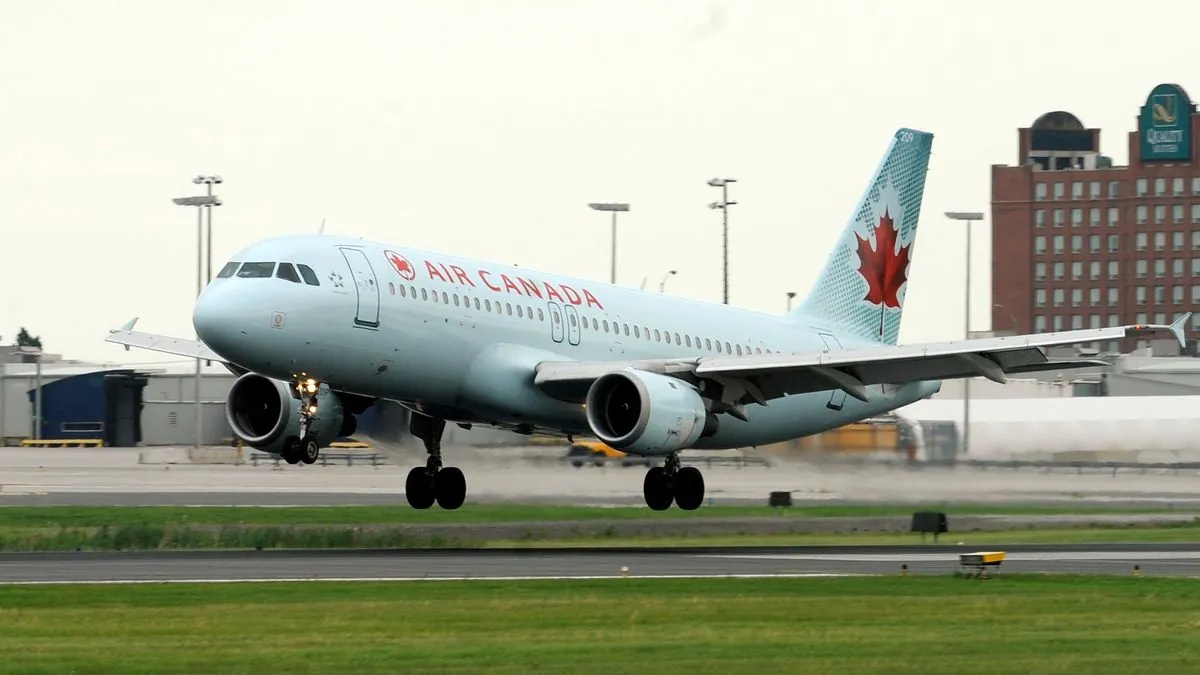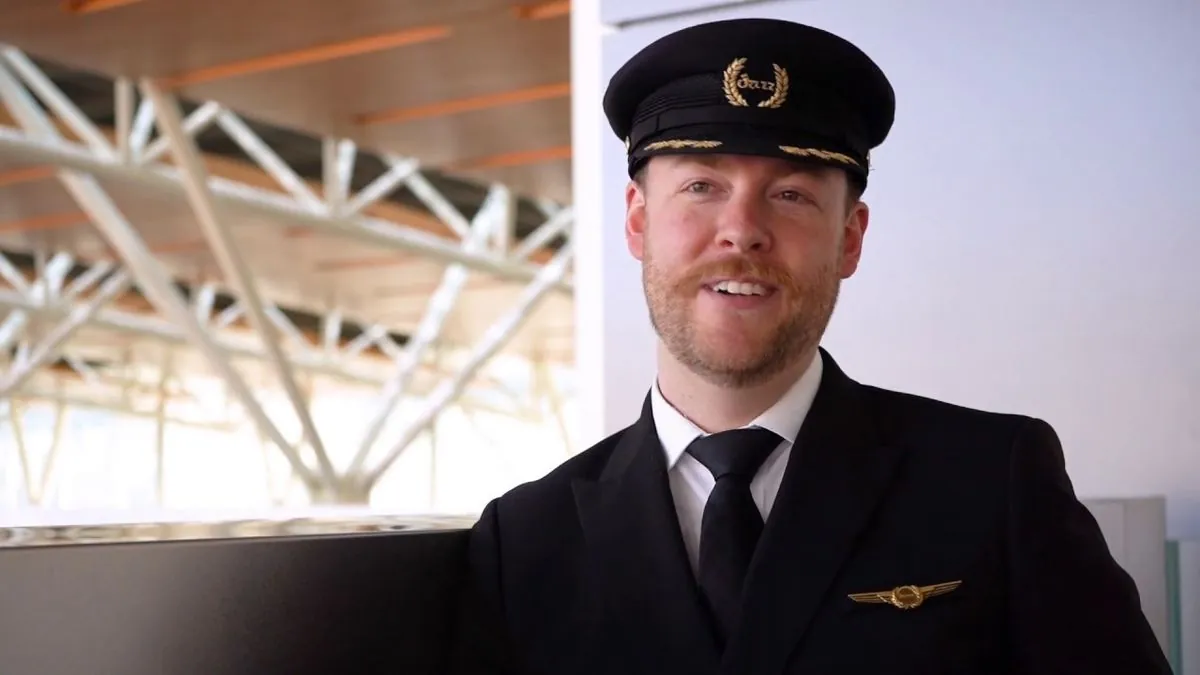Air Canada Pilots Overwhelmingly Back Strike Action Amid Wage Dispute
Air Canada pilots vote 98% in favor of strike authorization, seeking wage parity with U.S. counterparts. Union aims to avoid strike, focusing on contract modernization as negotiations continue.

Air Canada pilots have taken a significant step towards potential industrial action, with an overwhelming 98% of voting members authorizing a strike. This development comes as the Air Line Pilots Association (ALPA), representing over 5,000 Air Canada pilots, seeks to narrow the wage gap with their U.S. counterparts.
The vote reflects growing tensions in the airline industry, where pilot shortages and strong travel demand have led to record contracts for U.S. pilots in 2023. Air Canada, Canada's flag carrier and largest airline by fleet size and passengers carried, has been in negotiations with its pilots since the summer of 2023, aiming to modernize a decade-long contract framework.
Charlene Hudy, who leads the local union representing Air Canada pilots, emphasized the union's preference for a peaceful resolution, stating, > "Our goal is to avoid a strike and our focus remains on modernizing our contract for Air Canada pilots."
This push for better compensation aligns with a broader trend in the aerospace, construction, airline, and rail industries over the past two years. Unions have been advocating for higher wages and improved benefits amid a tight labor market.
In response to the strike authorization, Air Canada has committed to continuing negotiations towards a new collective agreement. The airline, which operates a fleet of over 300 aircraft and serves more than 200 destinations across six continents, employs approximately 30,000 people.

It's important to note that a strike cannot occur immediately. The current conciliation period must end, followed by a mandatory 21-day cooling-off period, as per legal requirements. This process provides additional time for both parties to reach an agreement.
Air Canada, founded in 1937 as Trans-Canada Air Lines, has faced labor disputes in the past, including a three-day strike in 2011. As a founding member of the Star Alliance and a major player in the global aviation industry, the outcome of these negotiations could have significant implications for the airline and its operations.
The aviation sector has been grappling with various challenges in recent years, including the impact of the COVID-19 pandemic and growing concerns about pilot shortages. These factors have contributed to the current labor climate, where skilled professionals are seeking improved compensation and working conditions.
As negotiations continue, both Air Canada and its pilots will need to navigate the complex landscape of airline industry regulations, safety standards, and economic pressures. The resolution of this dispute will be crucial for the airline's future operations and its ability to maintain its position as a leading carrier in the highly competitive global aviation market.


































